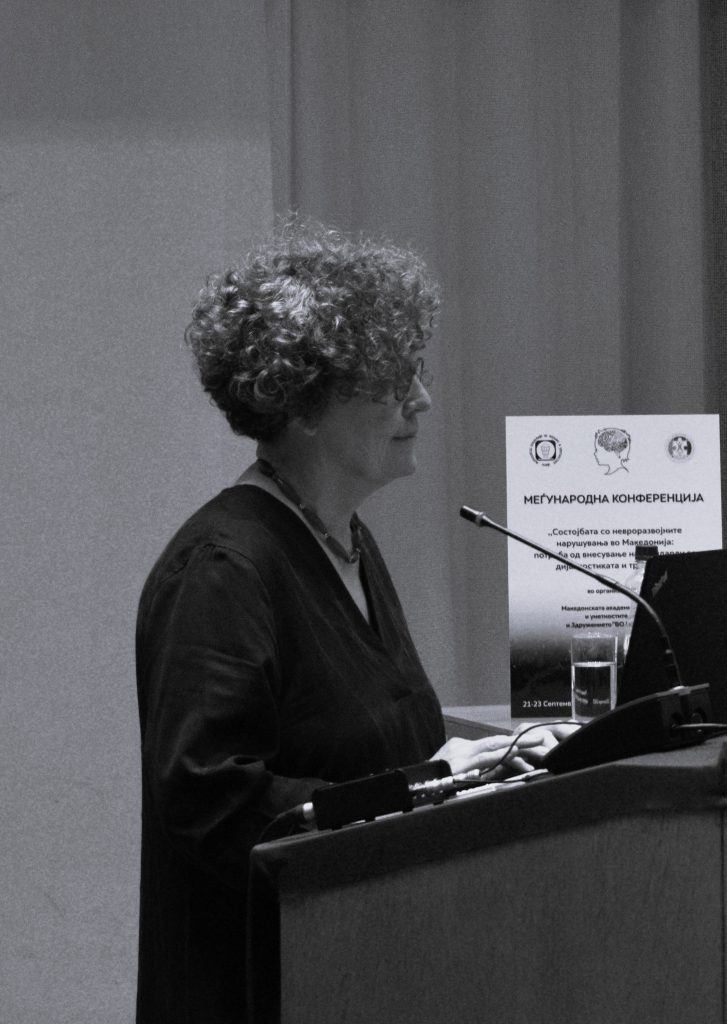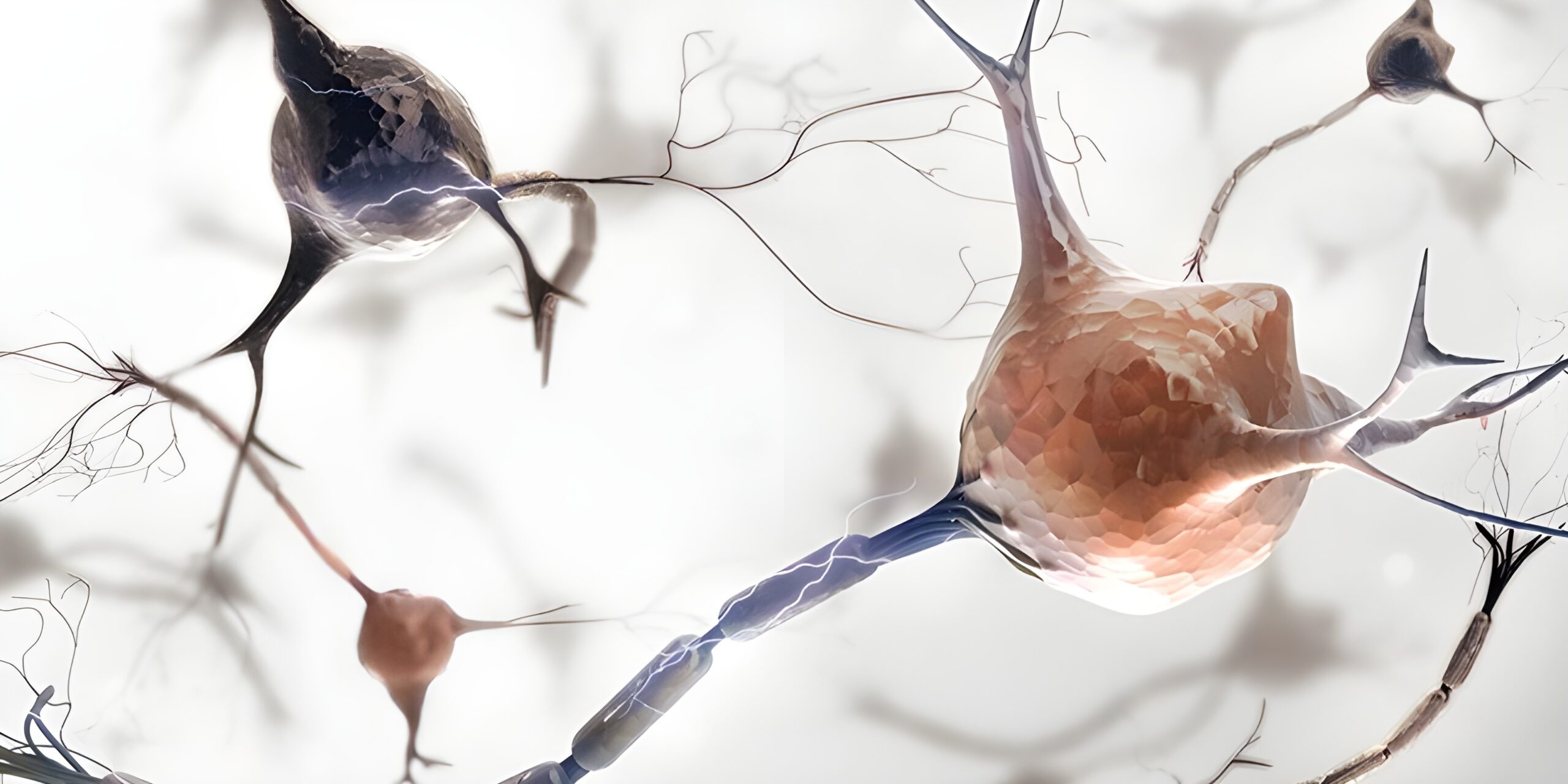Biomarker workshop, clinical diagnosis and treatment in ADHD and trauma/stress with inclusion of evidence-based diagnostics.
Dates: Thursday, Dec. 08, 2022/ Time: 1:30-5:30 p.m.;
Location: University of Zurich, Center for Continuing Education, Schaffhauserstrasse 228, CH-8057 Zurich
Credits: 3.5; Cost: Fr. 100.–
Speakers*: Ruth Lanius, Birgit Graf, Tomas Ros, Corinne Henzen, Fabian Bazzana Andreas Müller
One issue associated with ADHD is always the issue of trauma in terms of post-traumatic stress disorder (PTSD) and general stressful experiences.
Ruth Lanius (University of Western Ontario (CA)) is one of the world’s leading person on the subject of PTSD. As a psychiatrist and researcher, she is very familiar with the topic of ADHD and PTSD. In addition to presenting a differentiated model, she will also talk about the treatment options for ADHD and PTSD. Tomas Ros is EEG research director at the University of Geneva and has researched and published on biomarkers to ADHD and PTSD. Birgit Graf, child and adolescent psychiatrist, will address the topic from the perspective of child psychiatry, Corinne Henzen, psychotherapist, will show the possibilities of biomarker diagnostics on the basis of a case, Fabian Bazzana, psychotherapist, will report on his latest research on therapy for PTSD and Andreas Müller will address the topic from the perspective of vigilance and resilience.
During the break, on-site participants will have the opportunity for personal exchange over Bündner Zvieri. Online participants will receive this by mail.
Registration:
Speakers:

Ruth Lanius, Prof. Dr.med. Author of various books and papers on PTSD and ADHD
Content of the lecture: Ruth Lanius reports on the basics and development of PTSD. The connections between PTSD and ADHD are also explained in detail. Then she talks mainly about treatment through medication and therapy.
Duration: 45 min, German, via video.

Birgit Graf, Dr.med. Child and Adolescent Psychiatrist:
Acute stress reaction, posttraumatic stress disorder, and adjustment disorder are common mental illnesses with significant social and emotional morbidity.
The addition of biomarkers to conventional diagnostics and the combination of the different meanings into a holistic view and understanding allows for early differentiation of diagnoses. In particular, the inclusion of arousal as a measure of internal arousal and stress provides new insights for everyday life. Children with stress disorder even in PTSD (Post Traumatic Stress Disorder) usually show two particularly affected regulatory circuits: Increased stress markers frontally and thus affected structures of the anterior cingulate system, and decreased arousal as an expression of reduced general activation.
This lecture will focus in particular on PTSD with the subjective, individual stress symptomatology of patients, its recognition as well as its treatment. This will be explained with two patient examples.
Especially important in assessing developmental trajectories are measurements of brain function and behavior before and after treatment.

Andreas Müller, Ph. I:
Vigilance , vigilance decrement
Probably the most important components of PTSD are abnormalities related to vigilance and arousal. In recent years, the Brain and Trauma Foundation of the Grisons has made great efforts to develop a data-driven approach to vigilance via the standardized concentration course test. This has recently been successful and is to be recorded as part of the brain function analysis for diagnostic purposes. Access and control to resources is likely to be of considerable importance. The way resources are accessed can be made visible. Specific patterns emerge in ADHD and PTSD.

Fabian Bazzana, researcher and psychotherapist
Posttraumatic stress disorder: neuromarker detection and efficacy testing of neurofeedback regulatory therapy
Mit dieser Forschungsarbeit an der Universität Turin beabsichtigen die Autoren, mögliche Neuromarker, die mit PTBS in Verbindung gebracht werden können, zu untersuchen und die Wirksamkeit der Neurofeedback-Therapie zu überprüfen. Die Datenerhebung ist noch im Gange und einige vorläufige Ergebnisse werden vorgestellt

Tomas Ros, Dr.:
EEG signatures of attention deficit and posttraumatic stress disorders
Abstract: Research on the electroencephalographic (EEG) signatures of attention-deficit hyperactivity disorder (ADHD) and post-traumatic stress disorder (PTSD) has historically concentrated on the analyses of the frequency spectrum or event-related evoked potentials. In this presentation, I will place these traditional analyses in the context of our latest work utilizing EEG microstates, an alternative framework defined by the clustering of recurring topographical patterns, geared towards examining large-scale cortical dynamics. Overall, our statistical and machine learning results reveal the value of EEG microstates as promising functional biomarkers for ADHD and PTSD, offering a new lens through which to examine the neurophysiological signatures of these disorders.
